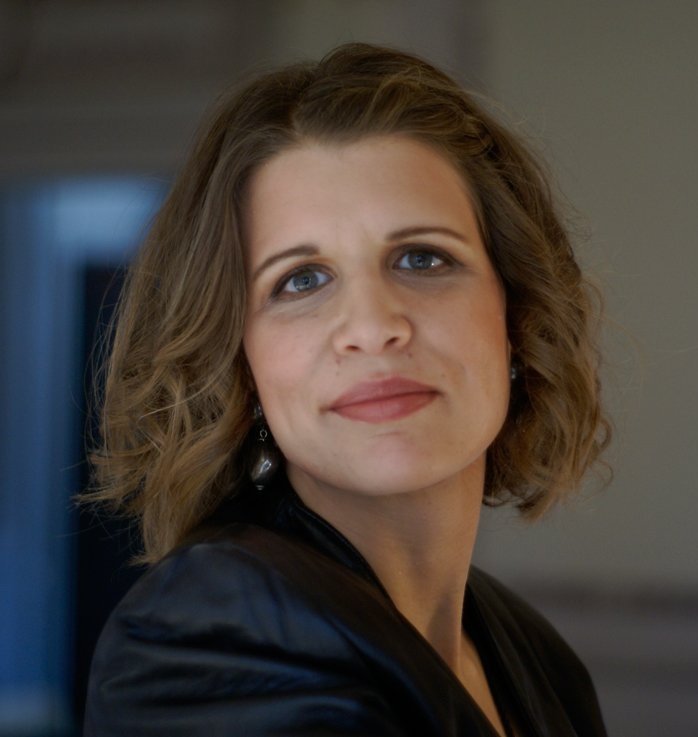Rebecca Blocksome is an artist, writer, and educator based in Kansas City, U.S.A.
Bio
Rebecca Blocksome is an artist, writer, and educator currently working in the Kansas City area. Her research interests include European intellectual history and the inter-relationships of the arts, sciences, humanities, and social sciences. Currently her artistic practice is dedicated to illustrating the Scientistic Scriptures book series—a large-scale endeavor to map the history of science and mathematics onto Biblical narratives. Blocksome also serves as the program head for the Social Practice minor at the Kansas City Art Institute. She holds an MFA in expanded media from the University of Kansas and an MA in philosophy and theory of visual culture from the University of Primorska in Koper, Slovenia.
Artist statement
As both an artist and a cultural critic, I am interested in the ways representational practices have intersected with dominant intellectual paradigms throughout history. Across a wide range of media, my work interrogates key aspects of the Western cultural tradition with intellectual rigor and dry wit. Currently I am focused on creating illustrations for the Scientistic Scriptures, a book series (edited by Mag. Augustina Comte) that brings together appropriated philosophical, historical, scientific, and literary texts to emphasize the conceptual overlap between the domains of religion and science. For each book in the series, I create 10–12 ink and paper collage illustrations that elaborate on the complex narrative. Stylistically, the works reference both Early Modern prints and contemporary comics. Appropriation functions in these works as a strategy to subvert the narrative of artistic and scientific “genius” by demonstrating the extent to which individual works or achievements necessarily rely on ideas and forms drawn from the larger cultural context. This work challenges contemporary art practices that uncritically celebrate originality, while expanding the boundaries of traditional Western art and aesthetic discourse by collapsing distinctions between high culture and mass culture.
